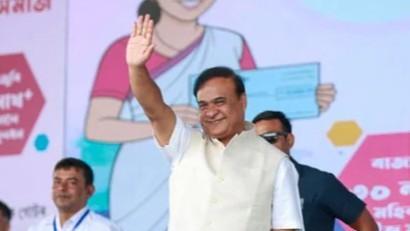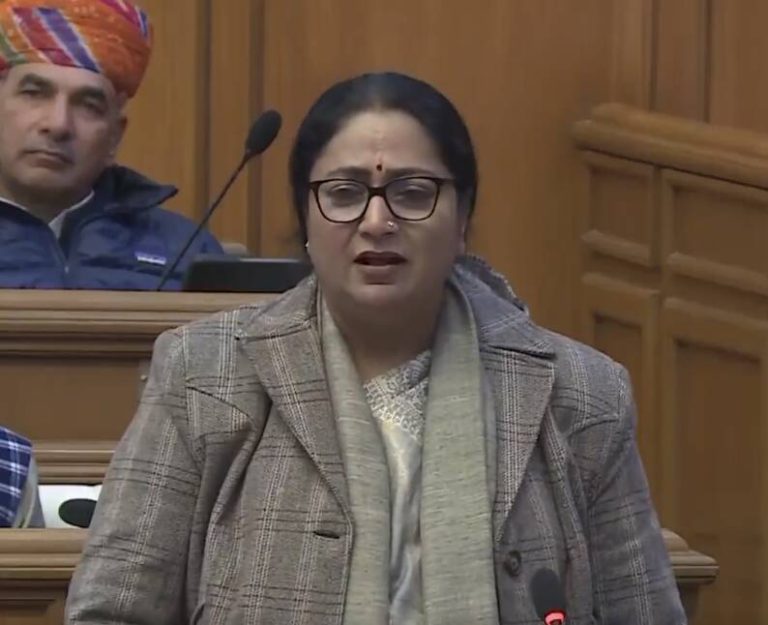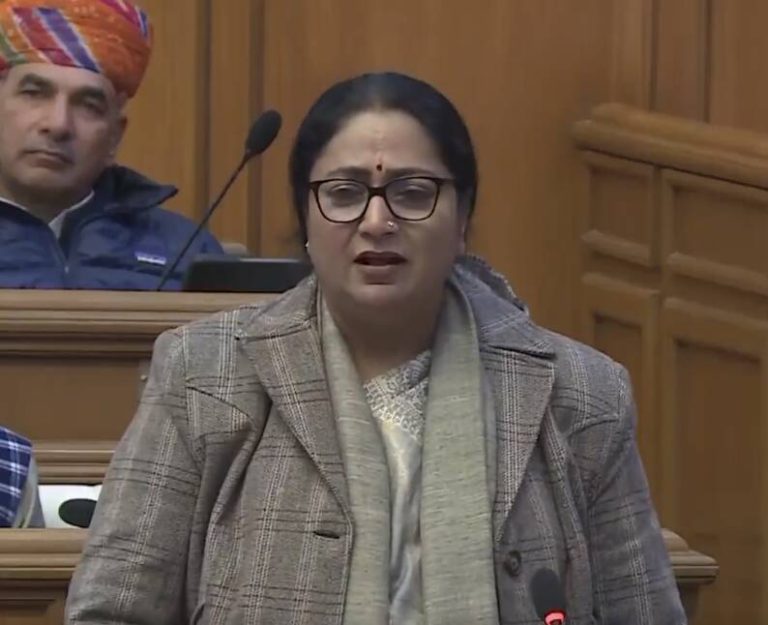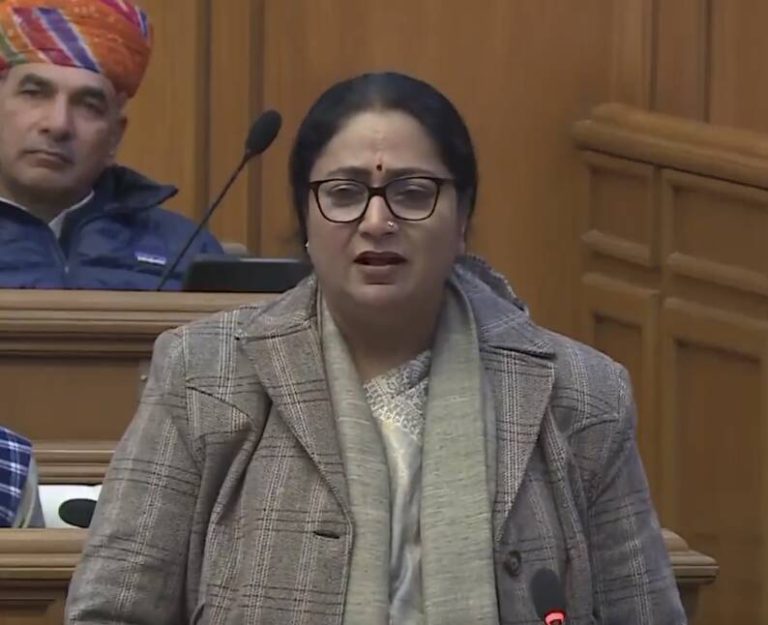
Assam CM helped Nitish work out ₹10,000 for women scheme: Report
In a recent development, it has been reported that the Chief Minister of Assam, Himanta Biswa Sarma, played a significant role in helping the Nitish Kumar government in Bihar devise a scheme to provide ₹10,000 to women. According to NDA leaders, a large part of the credit for Bihar’s scheme to give ₹10,000 to women goes to Assam CM Himanta Biswa Sarma. This revelation highlights the collaborative efforts between state governments in India, where best practices and successful models are shared to benefit the citizens.
The scheme in question is the Mukhyamantri Mahila Rojgar Yojana, which aims to provide financial assistance to women in the state of Bihar. The idea behind this scheme is to empower women by providing them with a one-time grant of ₹10,000, which can be used to start a small business or invest in a livelihood activity. This initiative is expected to have a positive impact on the economic empowerment of women in the state.
So, how did the Assam CM contribute to the development of this scheme? According to reports, Sarma sent his bureaucrats to Bihar five months ago, at the request of the Nitish Kumar government. These bureaucrats made a presentation before officials on the ‘Jeevika ₹10,000 model’, which was later incorporated into the all-new Mukhyamantri Mahila Rojgar Yojana. The Jeevika ₹10,000 model is a successful initiative implemented in Assam, which provides financial assistance to women to start small businesses or invest in livelihood activities.
The fact that the Nitish Kumar government sought the expertise and guidance of the Assam government in devising this scheme is a testament to the collaborative spirit between state governments in India. It also highlights the willingness of state governments to learn from each other’s successes and failures, and to adapt successful models to suit their own needs and contexts.
The Mukhyamantri Mahila Rojgar Yojana is a significant initiative, and its impact is expected to be felt across the state of Bihar. By providing financial assistance to women, the scheme aims to promote economic empowerment, self-reliance, and entrepreneurship among women. This, in turn, is expected to have a positive impact on the overall economic development of the state.
The role of the Assam CM in helping the Nitish Kumar government devise this scheme is a significant one. By sharing the expertise and experience of the Assam government in implementing the Jeevika ₹10,000 model, Sarma has helped the Bihar government to develop a scheme that is tailored to the needs and contexts of the state.
This development also highlights the importance of inter-state cooperation and collaboration in India. By sharing best practices, successful models, and expertise, state governments can learn from each other and develop initiatives that benefit their citizens. This approach can help to promote economic development, social welfare, and human development across the country.
In conclusion, the report that the Assam CM helped the Nitish Kumar government devise a scheme to provide ₹10,000 to women is a significant development. It highlights the collaborative efforts between state governments in India, where best practices and successful models are shared to benefit the citizens. The role of the Assam CM in helping the Bihar government develop the Mukhyamantri Mahila Rojgar Yojana is a significant one, and it is expected to have a positive impact on the economic empowerment of women in the state.




